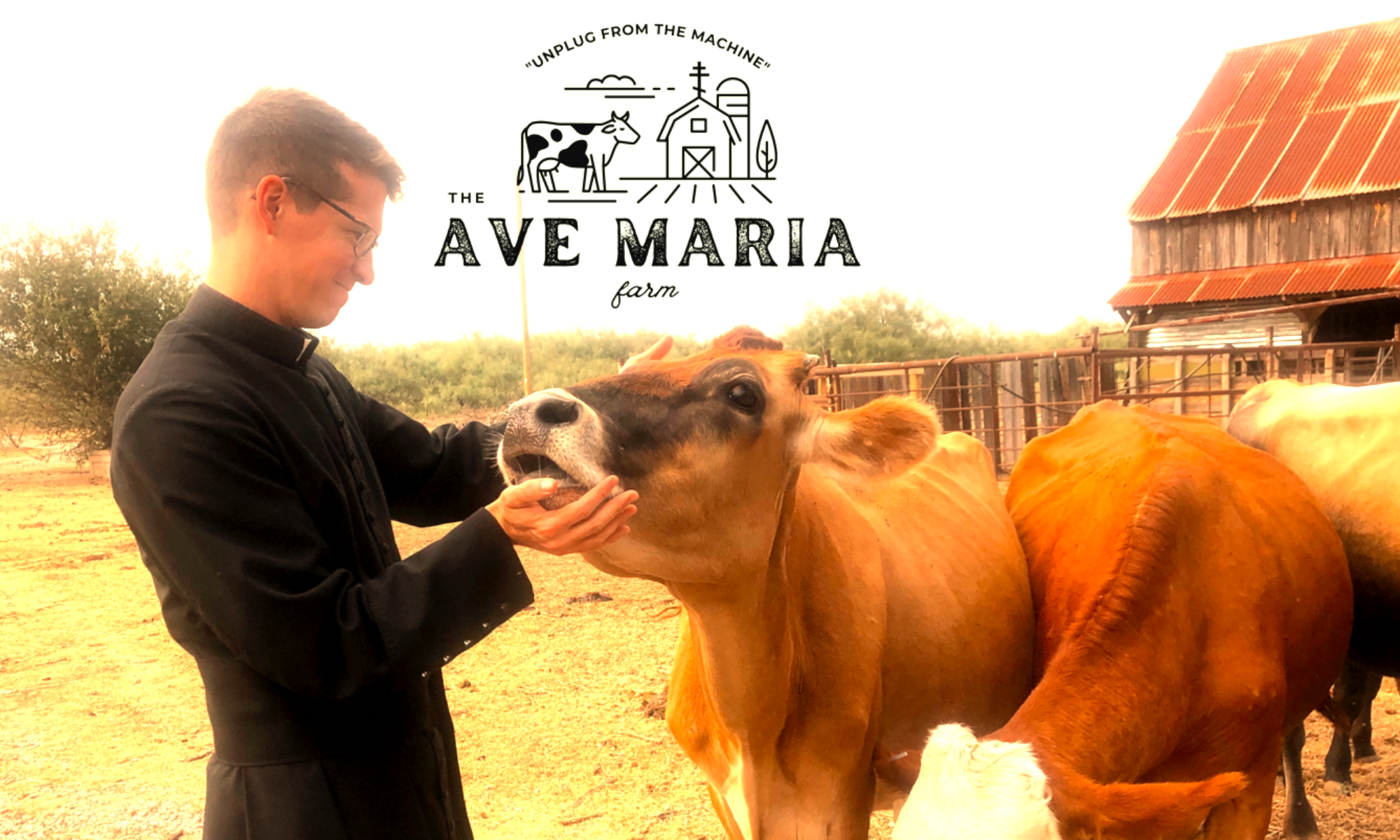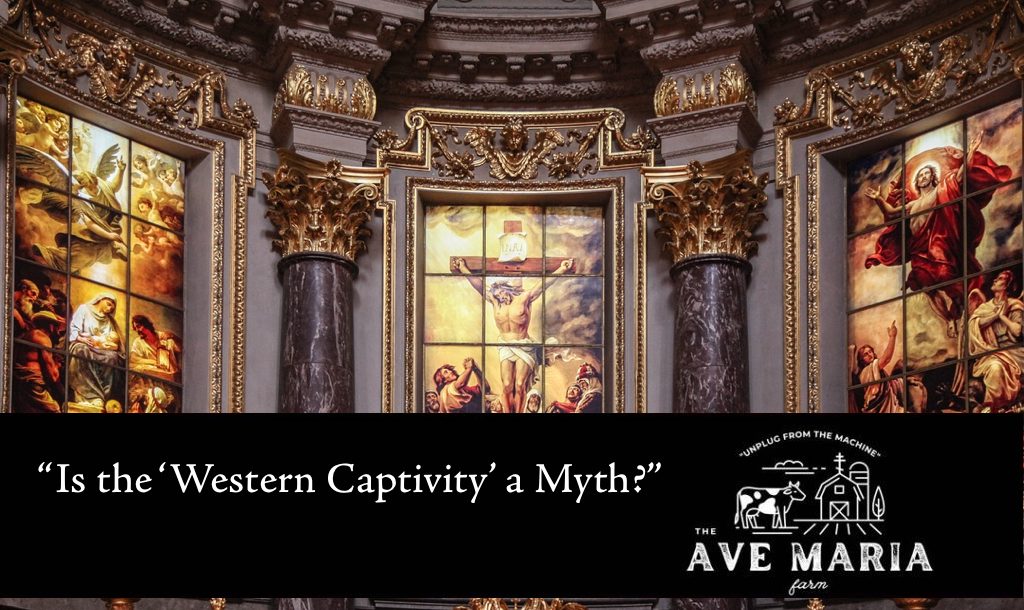Greetings! I apologize that I have not posted on this blog for a long time now. Balancing parish life with all our new projects at the farm has kept my hands tied. In addition to that, I have to admit, I really don’t like the internet and have dithered back and forth between whether or not I want to spend time on it . . . I’m still not convinced. However, in the meantime, I plan on resuming these blogs. Maybe something good will come from it.
To begin again, I would like to share a letter I’ve written recently to my parish. “Is the ‘Western Captivity’ a Myth. I believe so, and not the good kind of myth.
Brethren,
Just now, I stumbled across this fascinating article called: Was There a “Latin Captivity” of Orthodox Thought? Fr. Seraphim Rose says “No”– It intrigued me, because it resonated closely with my personal journey and studies. I wish the article was written more elegantly, but it is well-cited and grounded in reason.
Within the Orthodox world, there exists a wide range of attitudes about the appropriateness of “Western” influences in our Apostolic Church. It is important to be authentic and genuine in our Orthodoxy. However, it is not always easy to discern what that means, in the West, in America, in modernity, and so forth. In the mid-20th century, a number of theologians (almost exclusively in the West) introduced a term called the “Western Captivity” or “Latin Captivity.” This teaching and attitude has become quite prevalent ever since, and is especially influential today in Orthodox circles in America and Greece (though not in Russia). The mentality is highly suspicious of anything Western, and criticizes the predominant movements in Russia over the last few centuries — suggesting that the Russian Orthodox world was infiltrated and harmed by Latin thought. What can we make of this?
While in seminary, I engaged in many in-depth studies on this topic with a number of professors and peers, who recognized serious problems in the so-called “Western Captivity” claim. The Russian Orthodox world did indeed embrace a good deal of Latin thought and practices over the last few centuries. St. Augustine was highly celebrated all throughout Russian seminaries, and priests were encouraged to be fluent in Latin. This may sound scandalizing to some converts today, but we have to remember something critical here: the Orthodox Church herself embraced this “Westernism.” It saw this Latin influence as positive and accepted it eagerly. Indeed, western thought, music, art, and practices were celebrated not only by the Russian Orthodox hierarchs, but also by countless saints over the centuries in Russia and across Mount Athos (including John of Kronstadt, Ignatius Brianchaninov, Theophan the Recluse, Seraphim of Sarov, the Optina elders, the new martyrs, and more recently, Fr. Seraphim Rose). No one forced western influences in the Church. She was eager to adopt them.
Through the ages, Orthodoxy has always been open to wisdom and beauty wherever it can find it — whether from pagan culture, the Islamic world, or non-Orthodox Christians (Catholics and Protestants). This approach — insisting on tradition, while remaining flexible and celebrating cultures — is our inheritance. As American converts, we need to be slow to criticize the Faith handed down to us. We are here to accept the Faith passed down to us open-heartedly. When Orthodox Christians in America and the West are hyperactive in rejecting anything “Western,” we are pulling the carpet out from under our feet. In the name of ‘being traditional’, we are rejecting tradition and elevating ourselves above our holy fathers.
This is a mistake. It is not Orthodoxy, and it is harmful. If we want to survive today, to keep our soul from atrophying in a nihilistic world that gnaws away at every part of our Christian and Western traditions, we need to hold on to what is good and beautiful.
These are just some thoughts I’ve had and felt I would share. Our Orthodox faith is so beautiful. We need to be open to it and celebrate it as the Fathers (ancient and contemporary) pass it down to us.
Fr. Peter

